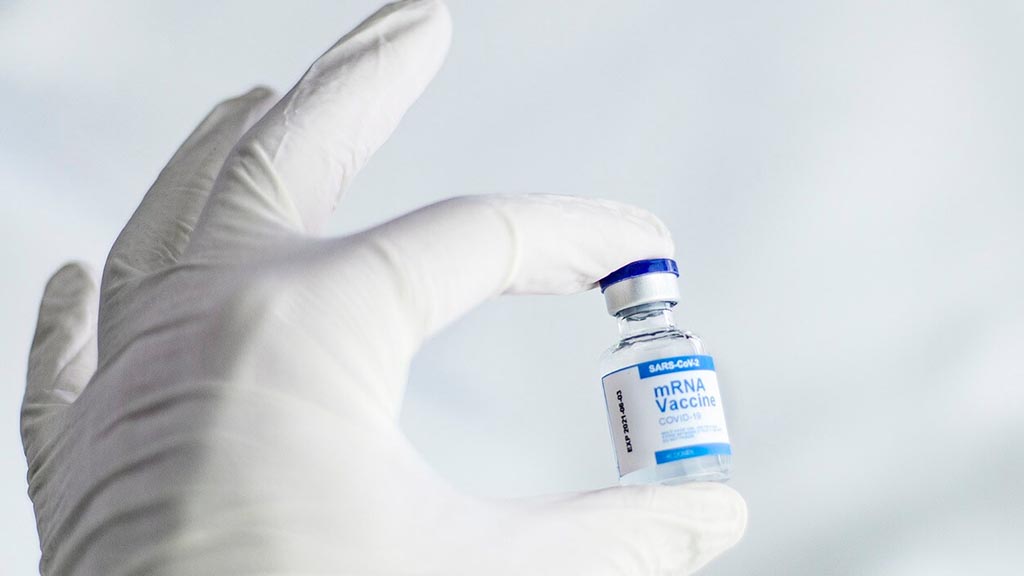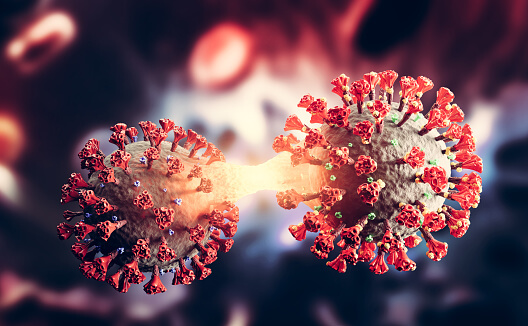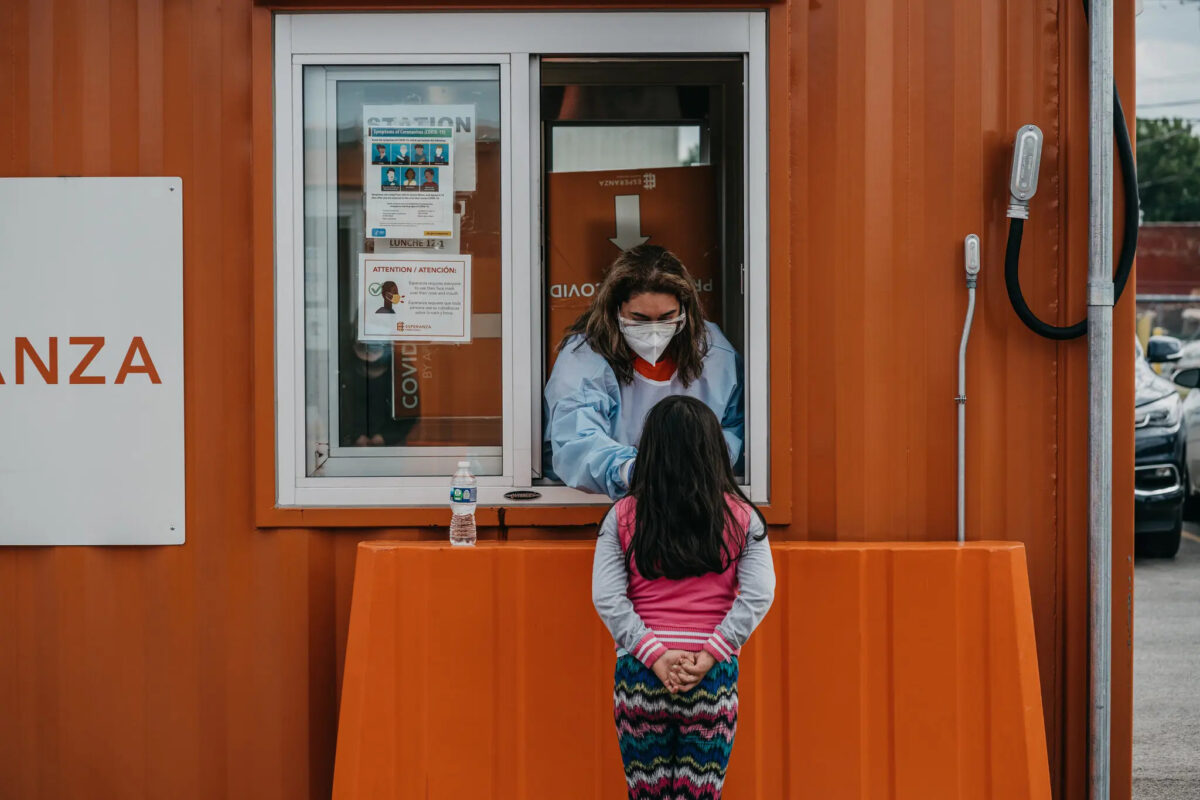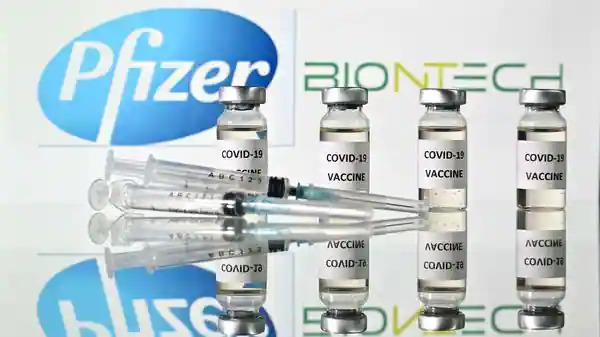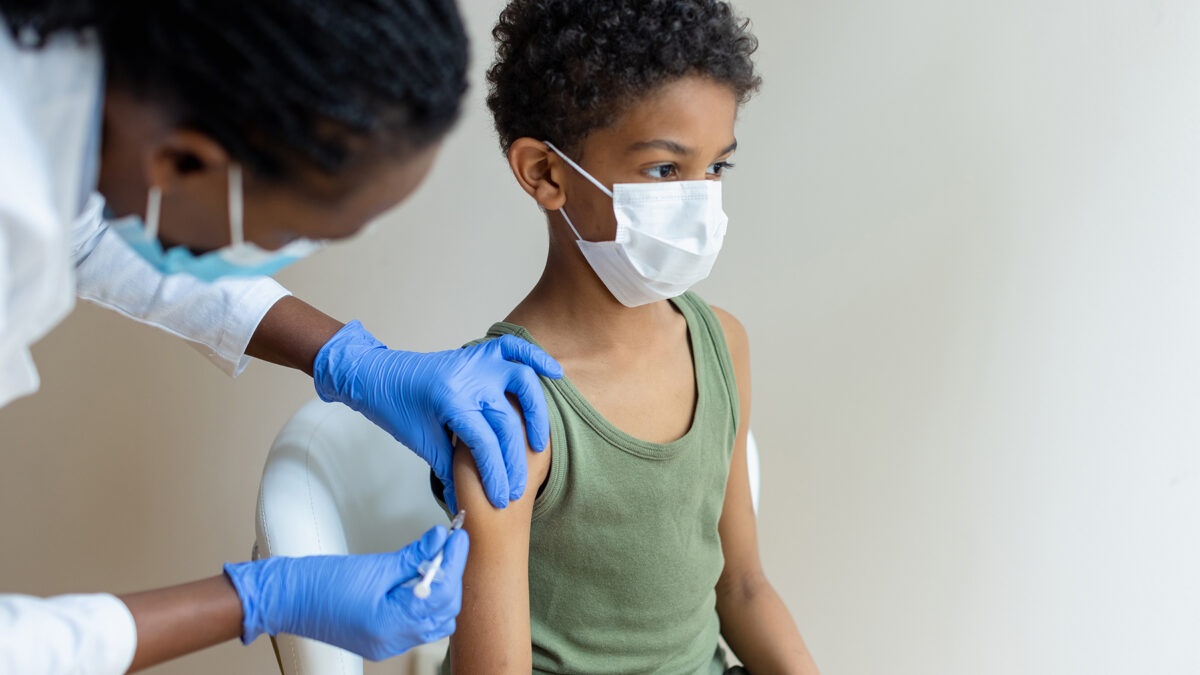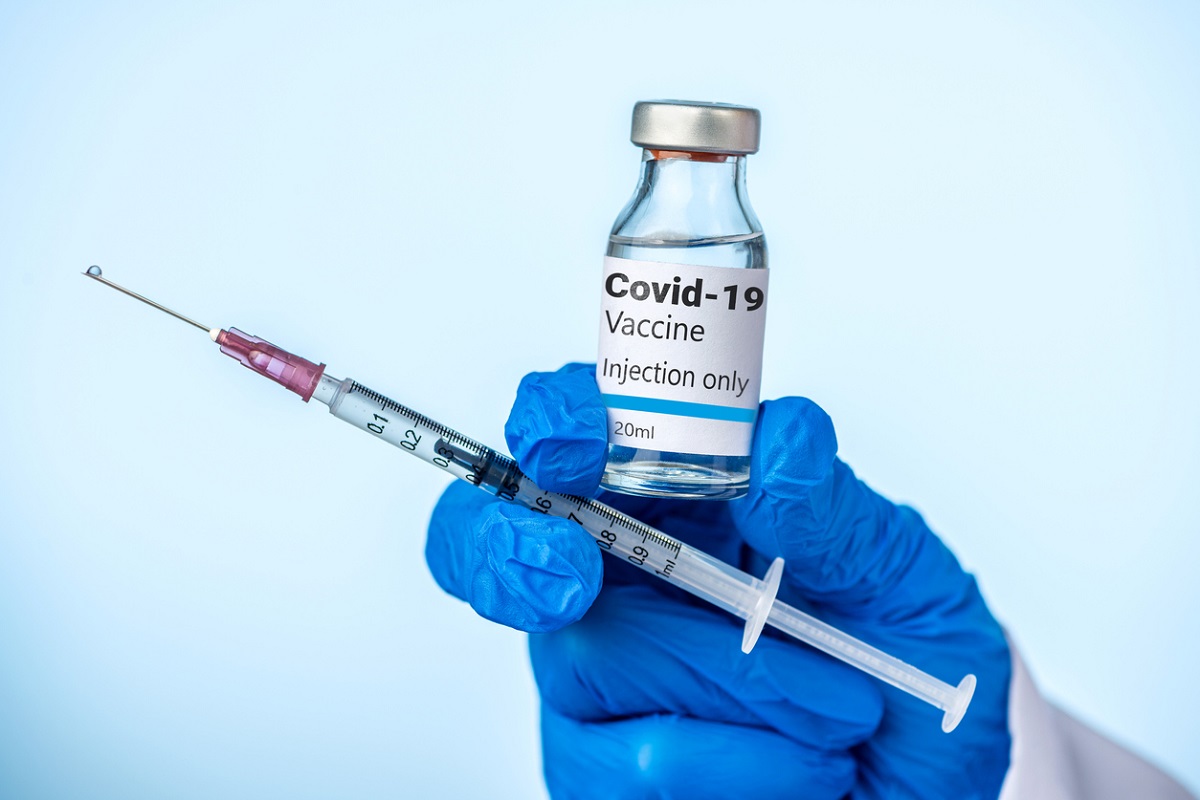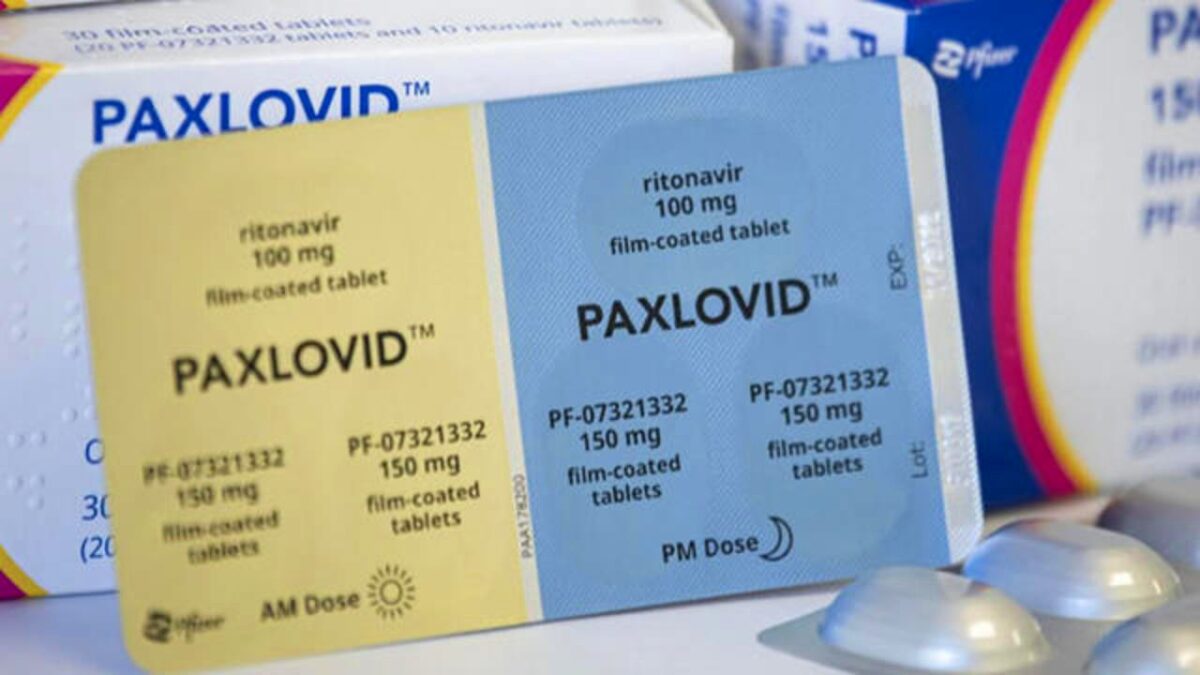“AstraZeneca, a British-Swedish multinational pharmaceutical and biotechnological company based at Cambridge Biomedical Campus in England, is confident that its new version of COVID-19 antibody treatment is capable of protecting immunocompromised patients against all marked virus variants.”
During the first wave of COVID, many companies proposed their own version of COVID vaccines and AstraZeneca is one of them. It is a British-Swedish multinational pharmaceutical and biotechnological company based at Cambridge Biomedical Campus in England.
Also Read, Insomnia and Sleep Apnea like Sleep Disorders Increase in Women with MS
The pharma company has developed a new version of COVID-19 antibody treatment. The company is confident that this new treatment is capable of protecting immunocompromised patients against all marked virus variants.
According to reports, the company plans to make its antibody available by the end of 2023. This is because of pending regulatory approval and the need for more positive data.
Iskra Reic, Executive Vice President, said, “Laboratory studies show the antibody, called AZD3152, neutralizes all known variants of COVID-19 and AstraZeneca has support from regulators to make the treatment available by the end of this year”
Antibody therapies have become a must for people whose immune systems are compromised. This can be due to undergoing immunosuppressive treatments or having underlying health conditions. These people account for approx 2 percent of the global population.
January 2023, the U.S. health regulator revoked the emergency use authorization of the pharma company’s original COVID-19 antibody cocktail, Evusheld. The reason cited for the revocation was the emergence of new dominant variants of the virus.
The U.S. Food and Drug Administration‘s (FDA) decision matched the concerns which were raised by the health regulator of Europe.
The multinational pharma company developed a new COVID-19 antibody called AZD3152. Last year, the British biotech startup RQ Bio acquired AZD3152 in a deal worth $157 million.
Iskra Reic also said, “Iskra Reic also said, “The British drugmaker will likely make future investments like its current partnerships with RQ Bio. However, the company did not have any deals to announce at present.”

